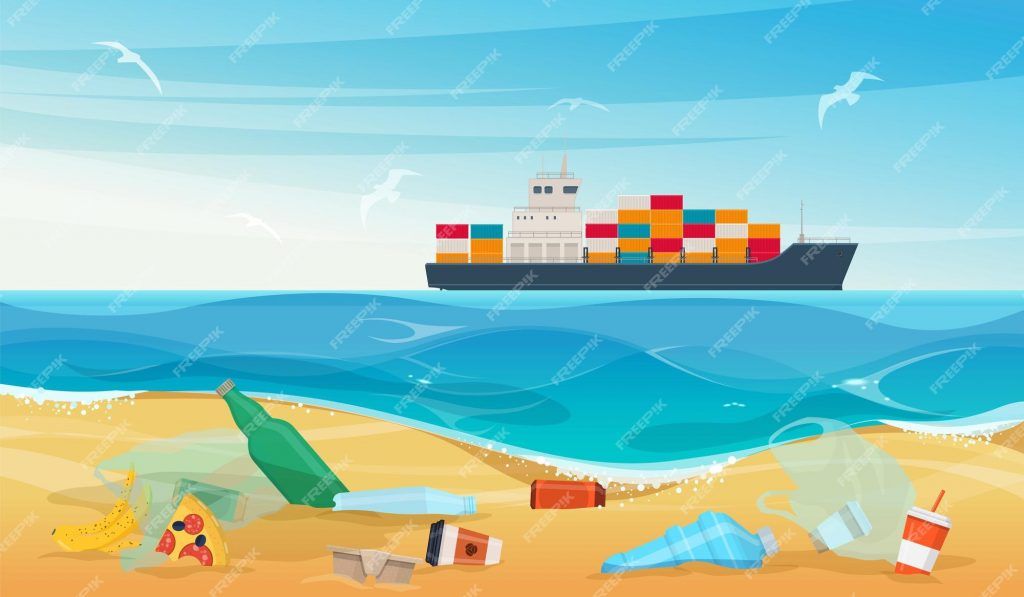Waste management has been identified as an essential pillar of the circular economy and circularity aspects of international trade.
Factors that support environmentally sound waste management include: product design (including minimizing hazardous chemical content, complexity and layers of materials used); and transparency and traceability (to ensure that operators of waste management systems have information to safely manage waste and avoid contamination of non-hazardous waste, thereby maintaining the value of materials that could be reinserted into a circular economy through circular trade).
In addition, a World Trade Organization (WTO) report states that environmentally sound disposal of waste in the country of origin can prevent potential negative effects of trade on the environment and public health in third countries.
If waste is traded, it is important to ensure that it is exported to markets with adequate waste management infrastructure, including collection and sorting systems, recycling facilities and treatment plants.
Waste management
Problems that importing countries may face include the mixed composition of waste, which makes it difficult to separate and recycle different materials effectively; imports of unwanted or illegal waste; and disincentives created by imports to collect and treat waste locally.
The WTO also warns that waste treatment can pose problems in the case of imported second-hand products with insufficient quality and shelf life.
It has been mentioned that border measures to manage the disposal of different types of products, such as waste, scrap and used products, are necessary to address environmental and human health concerns and to deal with illicit trade in waste.
Border
The WTO therefore believes that any initiative to strengthen the circular economy should fully recognize the need for appropriate border measures for waste management, in particular for hazardous waste management.
Reaching a common understanding on definitions and classifications, as well as on the design and implementation of these measures, may be relevant in moving towards a circular economy.

